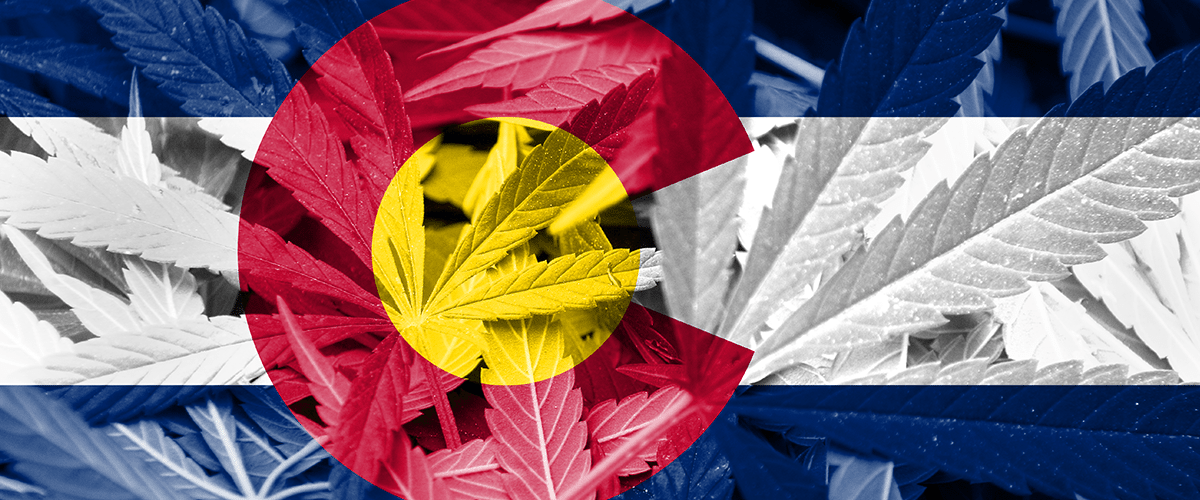[vc_row][vc_column][vc_column_text]
The Colorado Legislature has passed a bill raising the retail cannabis sales tax from 10 percent to 15 percent.
Gov. John Hickenlooper signed into law a measure that raises Colorado’s retail marijuana sales tax from 10 percent to 15 percent. The new law is part of a broader legislative package meant as a budget fixer and to increase funding to Colorado’s schools, roads, and hospitals.
The new law allocates $1.8 billion for road construction over the next 20 years, $530 million for Medicaid reimbursements to hospitals, and $30 million for schools. It will save nearly a dozen hospitals from closing due to budget cuts in the state’s hospital provider fee. The state’s transportation budget still falls short, however, even with the tax increase.
“We have a 9 billion plus negative factor of sorts when it comes to transportation funding. And that will require a whole more work on into the future,” said State Senate President Kevin Grantham.
Colorado’s marijuana market has surpassed $100 million in sales for 11 consecutive months and has already brought in close to $492 million from January through April, a nearly 27 percent increase from the first four months last year. The year-to-date 2017 sales have generated more than $76.3 million in taxes and fees revenue for the state.
“The year-over-year rates of growth have continued at a steady pace, which to me indicates that we have not yet reached the point at which we are starting to cap out the market,” said Andrew Livingston, director of economists for cannabis law firm Vicente Sederberg.
Colorado’s cannabis retailers must now charge a 15 percent sales tax on marijuana products on top of a 15 percent marijuana excise tax, a 2.9 percent “tangible personal property” sales tax, and any local sales and excise tariffs.
According to Chris Stiffler, an economist at the Colorado Fiscal Institute, each percentage point increase in marijuana taxes equates to about a $10 million increase in tax revenue for the state.
The tax hike concerns some industry leaders and entrepreneurs, however, who believe higher prices could encourage consumers to purchase cannabis through illegally channels rather than at retail stores. Earlier this year, Hickenlooper voiced those exact concerns at his State of the State address.
“I don’t think we can raise additional tax dollars for marijuana, because then it raises the price, and that means we have more black market marijuana,” Hickenlooper said in February.
“Marijuana businesses are already generating hundreds of millions of dollars (in sales),” said Mason Tvert, director of communications for Marijuana Policy Project. “It seems unfair to increase taxes on marijuana consumers to cover a tax break for unrelated businesses.”
In a further effort to get a handle on its budget crisis, Colorado will also be selling state owned buildings, increasing Medicaid co-pays, and requiring every state agency to cut its budget by 2 percent.
Colorado is one of eight states to legalize recreational marijuana. Learn about cannabis laws throughout the U.S. by visiting our education page. Keep up with the latest developments in the cannabis industry through our news feed.[/vc_column_text][/vc_column][/vc_row]






